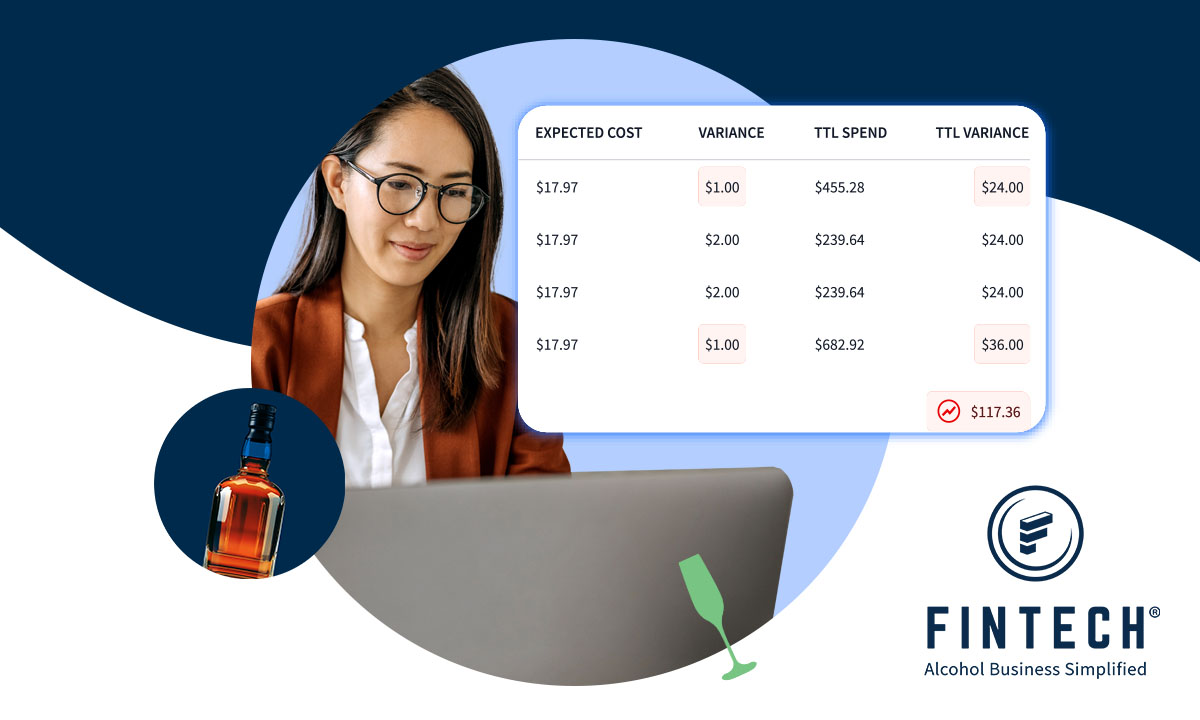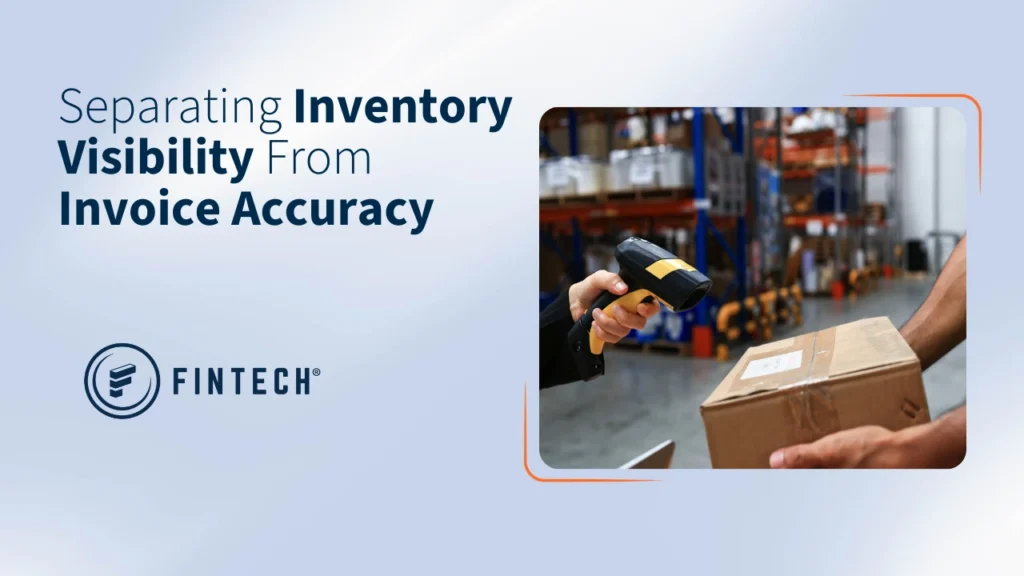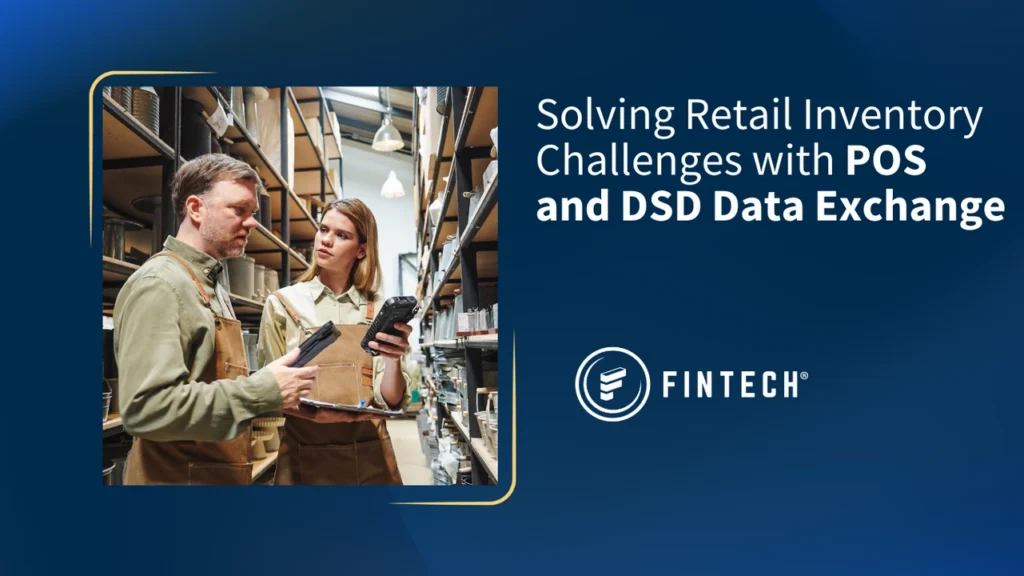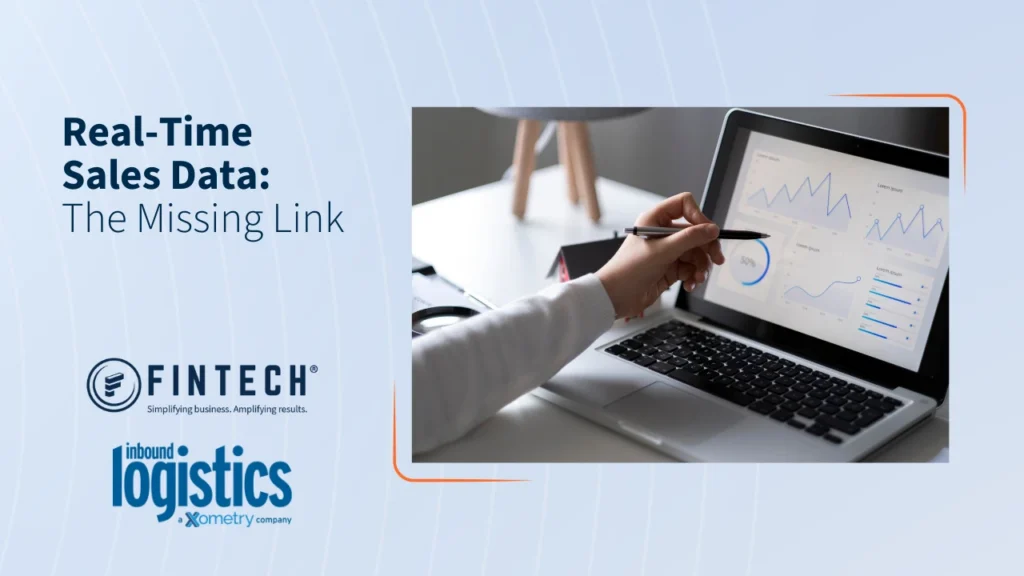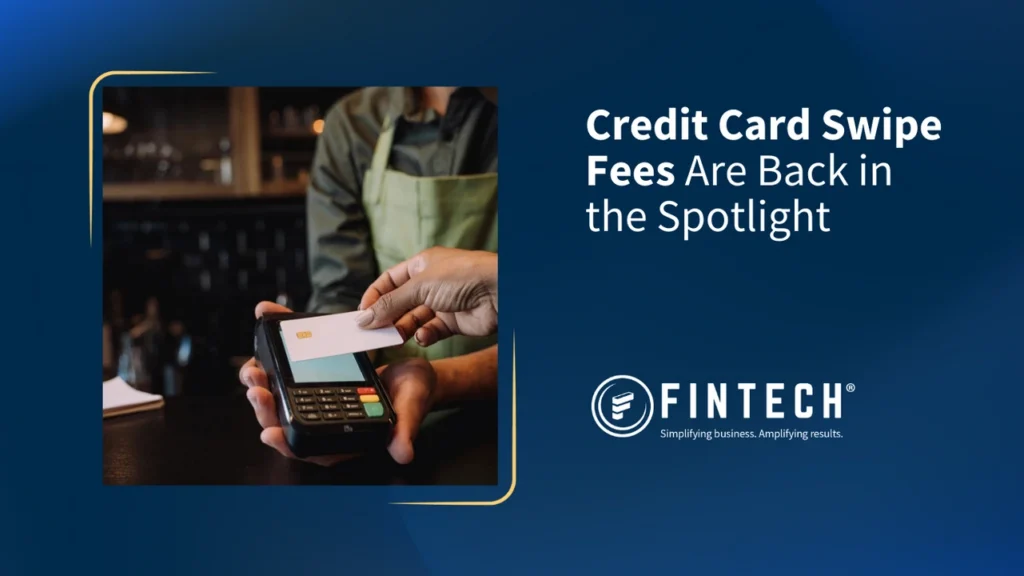There are many different initiatives within hospitality and retail businesses that keep the business running efficiently. Some of these initiatives are customer-facing, and others live behind the scenes. Areas that require compliance are among the most important, as these areas support margin and profit growth.
The breadth of compliance across a hospitality or retail business is far-reaching. You may be familiar with some of these compliance areas related to the alcohol you purchase and sell.
For example, you track the charges on your alcohol invoices to ensure the charges are compliant with the negotiated cost. You may also monitor alcohol purchases across all your locations to ensure that your locations are purchasing approved brands and staying compliant with your beverage program, which supports negotiated pricing. There is also compliance with state regulations for paying alcohol invoices on time per the terms on the invoice, so your deliveries remain uninterrupted.
Maintaining compliance spans all aspects of your business, not just alcohol, so the more you can automate compliance, the better your margins and margin recovery will be.
Enter Fintech’s Compliance Modules
Fintech’s compliance automation can significantly impact your alcohol business. As you know, we help businesses comply with alcohol regulations by automating invoice payments. Now, we’re expanding our capabilities with new compliance modules to enhance visibility and control over product, pricing, and margins. Based on your feedback, we’ve prioritized the Expected Cost Analysis module to launch first.
These modules are integrated into the Fintech portal and designed to work seamlessly with your business. Let’s explore how these modules improve efficiency, tracking, and compliance.
Cost Compliance – Expected Cost Analysis
Ensuring compliance between expected costs and invoiced charges is crucial for maintaining profitability. Discrepancies can affect margins, disrupt cash flow, and delay accurate accounting for P&L statements. Whether in retail or hospitality, it’s vital to ensure customer pricing yields expected margins. Fluctuating alcohol costs can erode these margins if not caught and timely corrected.
Fintech’s Expected Cost Analysis module allows businesses to build a product catalog with expected pricing and compare it to received invoices. Any cost exceeding the expected amount is flagged, enabling quick identification of cost issues that will have a negative impact on expected results.
How Expected Cost Analysis Helps Hospitality and Retail Businesses
Expected Cost Analysis has many applications in both hospitality and retail. Let’s go over a couple of scenarios as examples.
Scenario #1: Setting a fixed menu or shelf price for a period requires ensuring products are ordered at a specific cost to maintain control of margins. With multiple stores, relying on managers to check for accurate pricing can be challenging and time-consuming for the manager. Expected Cost Analysis helps by promptly identifying cost discrepancies across all locations to help you keep margins in line. This proactive approach allows you to stay in front of the problem versus getting stuck behind it, reconciling credits, or researching invoices manually after your P&L statement prints.
Scenario #2: You have a supplier agreement offering a discount for purchasing a large quantity of fast-moving product. There is a minimum case count that must be purchased at the location level to receive the expected discounted cost. Expected Cost Analysis flags increased costs at each location, indicating that either a location didn’t take advantage of a quantity buy (e.g., purchased 6 cases instead of 8 to get the discount) or the location was charged the wrong amount for the right number of cases purchased. This cost comparison automation allows you the opportunity to resolve issues quickly by flagging discrepancies between expected and actual costs at the location level, preventing potential losses.
What’s on the Horizon? Here are the Two You Told Us Were Most Important
Hospitality
Beverage programs help hospitality businesses maintain brand consistency and drive sales. Compliance with these programs mandates that only authorized products are purchased and served. Multiple locations must comply, which can be challenging. Unauthorized purchases can disrupt compliance and impact margins or supplier relationships.
The Beverage Program Management module monitors compliance rates, improving program effectiveness and customer experience consistency. It ranks locations by program spend and highlights spend compliance, total spend, case equivalence, on-program and off-program products, and last purchase dates. This helps businesses safeguard profits and quickly address off-program purchases, ensuring cost agreements with suppliers and consistent customer experiences.
Retail
Compliance also involves accurate order fulfillment and invoicing. Automating a three-way compliance match across an order, the delivery, and the invoice helps speed up reconciliation. Overpayments, as well as payments for unapproved product quantities or product types that may have been delivered but were not ordered, are reduced. This three-way match automation flags discrepancies across all locations.
Stay Tuned for More Compliance Module Updates
As mentioned, we are developing these compliance modules with client feedback in mind. They will help hospitality and retail businesses where they need it most with one goal in mind – improving efficiency. Stay tuned for more updates as these modules are developed.

